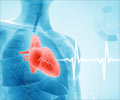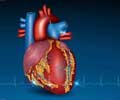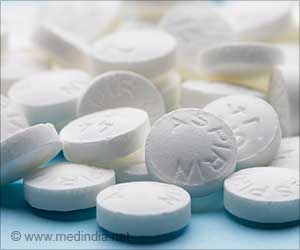Researchers found that caffeine, the most commonly selected trigger for testing atrial fibrillation had no evidence of a near-term relationship between caffeine consumption and atrial fibrillation.

To learn more about what patients felt was especially important to study about the disease, researchers held a brainstorming session in 2014.
Patients said researching individual triggers for AF was their top priority, giving rise to the I-STOP-AFib study, which enabled individuals to test any presumed AF trigger.
About 450 people participated, more than half of whom (58 percent) were men, and the overwhelming majority of whom were white (92 percent).
Participants in the randomized clinical trial utilized a mobile electrocardiogram recording device along with a phone app to log potential triggers like drinking alcohol and caffeine, sleeping on the left side or not getting enough sleep, eating a large meal, a cold drink, or sticking to a particular diet, engaging in exercise, or anything else they thought was relevant to their AF.
Although participants were most likely to select caffeine as a trigger, there was no association with AF. Recent research has also similarly failed to demonstrate a relationship between caffeine and arrhythmias -- on the contrary, they found it may have a protective effect.
Advertisement
The individualized testing method, known as n-of-1, did not validate participant-selected triggers for AF. But trial participants did report fewer AF episodes than those in the control group, and the data suggest that behaviors like avoiding alcohol could lessen the chances of having an AF episode.
This finding might help people to reduce their risk of atrial fibrillation (AF) by avoiding certain triggers.
Source-Medindia















